Why your business should consider private and direct connections to Google Cloud
By The Console Connect Team|29 March, 2021
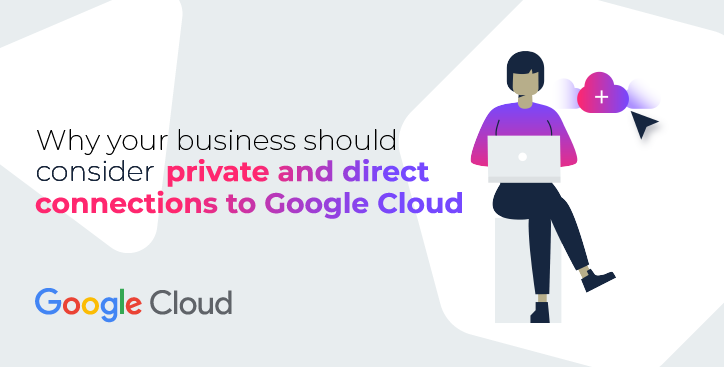
Google Cloud Platform is currently available in 38 cloud regions across 115 zones, with 187 network edge locations in over 200 countries.
In 2023, Google announced it would be further expanding its Cloud regions to let developers run hosted services closer to where their users are located for a faster, more reliable experience, proposing new regions for Dammam (Kingdom of Saudi Arabia), Querétaro (Mexico), Malaysia, Thailand, New Zealand, Greece, Norway, South Africa, Austria and Sweden. The company recently added new regions in Berlin (Germany), Doha (Qatar), Turin (Italy), and Tel Aviv (Israel).
What is Google Cloud interconnect?
 There are two main options for extending on-premises networks to Virtual Private Cloud (VPC) networks in Google Cloud.
There are two main options for extending on-premises networks to Virtual Private Cloud (VPC) networks in Google Cloud.
In the Google terminology, you can create a Dedicated Interconnect, which requires you to physically meet Google's network in a colocation facility to reach your VPC networks. Alternatively, you can use a service provider like Console Connect to provide what Google terms Partner Interconnect to connect directly to Google.
All flavours of Cloud Interconnect provide access to all Google Cloud products and services from your on-premises network except Google Workspace, with Partner Interconnect providing capacity options starting at 50Mbps and in Console Connect’s case going up to 10G in select data centres.
Advantages of using direct connections to Google Cloud
 Partner Interconnect, such as through Console Connect, offers more points of connectivity over both Layer 2 and Layer 3, as well as greater security and reliability - as traffic flows directly between your network and Google’s network avoiding the public internet.
Partner Interconnect, such as through Console Connect, offers more points of connectivity over both Layer 2 and Layer 3, as well as greater security and reliability - as traffic flows directly between your network and Google’s network avoiding the public internet.
Fewer hops to your destination means better performance of your applications and a better experience for your users, while the simplicity of a direct connection means you can easily maintain your existing security policies across networks.
There are over 900 Console Connect PoPs around the world with SLAs from both Google Cloud and Console Connect, ensuring reliability and performance - with flexible port capacities up to 10G also available in select data centres.
Automatic routing and rerouting of traffic globally ensures high availability in the event of a regional outage or network failure. While enterprises may also see more favourable pricing from direct connections due to reduced egress costs of up to 50%.
Compared to Dedicated Interconnect, you don't need to install and maintain routing equipment in a colocation facility. Software Defined Cloud Interconnect (SDCI) fabrics, such as Console Connect, enable enterprises to interconnect their data centres and other assets such as their Google public cloud on-demand over Layer 2 and Layer 3, globally, rather than being locked into any single ecosystem.
Ultimately this gives digital-centric businesses the freedom to grow quickly in new markets or instantly turn up services across a truly global footprint, fast.
Furthermore, the simplified user experience offers real-time visibility into network performance across the entire public cloud and data centre ecosystem.
This means you can continually adapt and optimise the network connectivity with granular and real-time control over bandwidth to meet changing needs on an intuitive and intelligent network.
How to connect to Google Cloud using Console Connect
Whether your organisation has adopted a fully public, hybrid or multi-cloud approach, the Console Connect platform can provide real-time access to Google Cloud from a large number of enterprise locations across Asia Pacific, the Americas and Europe across multiple connectivity models.
Over Point-to-point Layer 2, you can click and connect between your Access Port and Google Cloud location of choice.
Layer 3 CloudRouter® enables you to dynamically route traffic between devices, office locations, applications and clouds.
Console Connect’s networking experts can also help you set up your own direct physical connection to Google Cloud, which can then be managed via the Console Connect platform.( see map below)
Through the Console Connect platform, users can:
- Reduce complexity: With a self-service portal and intuitive UI, manage your Google Cloud Interconnect access 24/7 from anywhere in the world.
- Introduce greater flexibility: No more long lead times and restrictive contracts. Connections as and when you need with bandwidth that can be flexed up and down as required to match your Google Cloud workload.
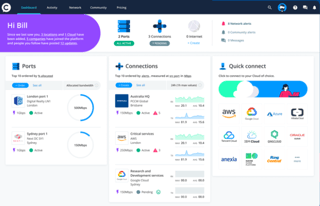 Increase visibility & monitoring: Easily monitor your Google Cloud Interconnect connection performance. View bandwidth allocation and utilisation in real-time.
Increase visibility & monitoring: Easily monitor your Google Cloud Interconnect connection performance. View bandwidth allocation and utilisation in real-time.- Improve performance: Private connectivity to Google Cloud Interconnect that bypasses the public internet, providing a better security, user experience and improves efficiency and performance.
- Experience services on-demand: A truly automated, multi-cloud business connectivity platform that combines software and network architectures. Fast and secure direct connectivity to Google Cloud Platform as and when you need it.
Maximise the potential of your Google Cloud instance with real-time access to low-latency and secure direct connectivity from Console Connect’s leading MPLS network.
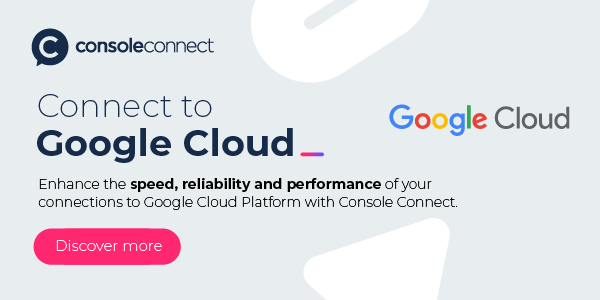
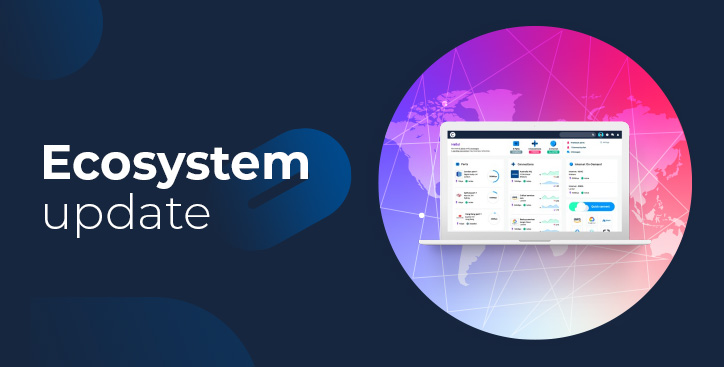
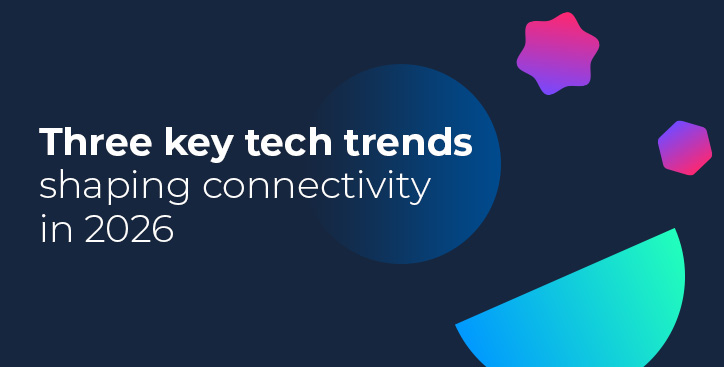

.jpg)
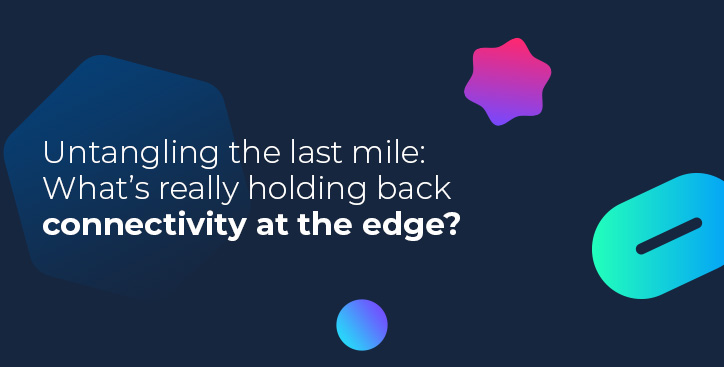
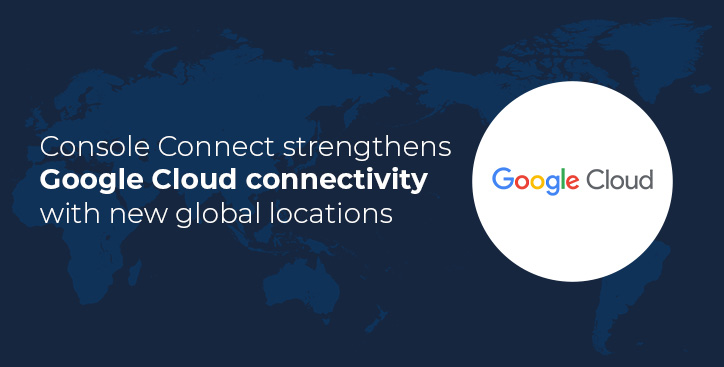
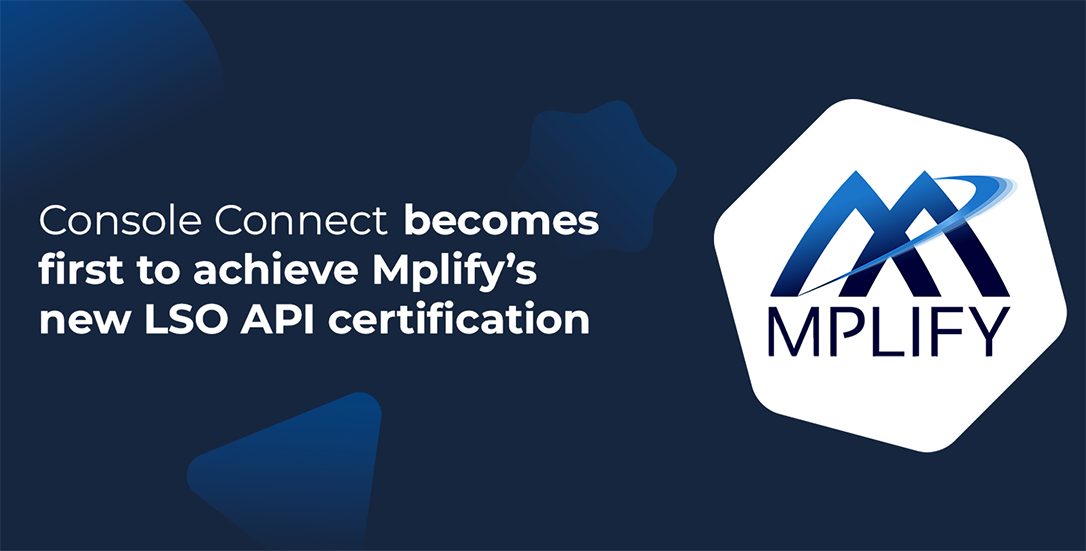
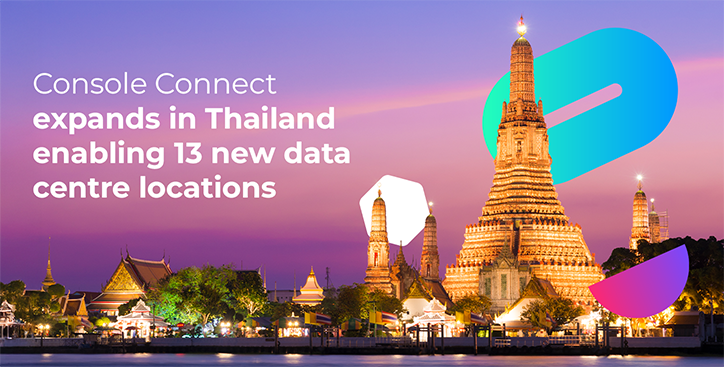
.jpg)